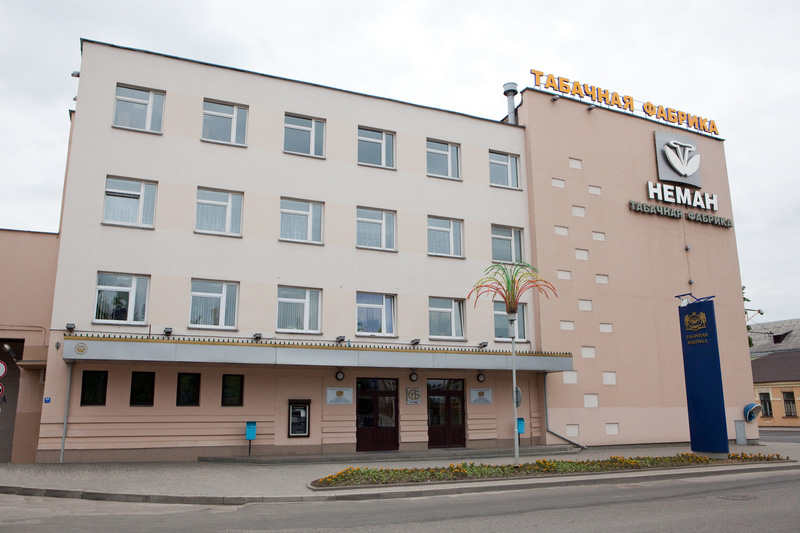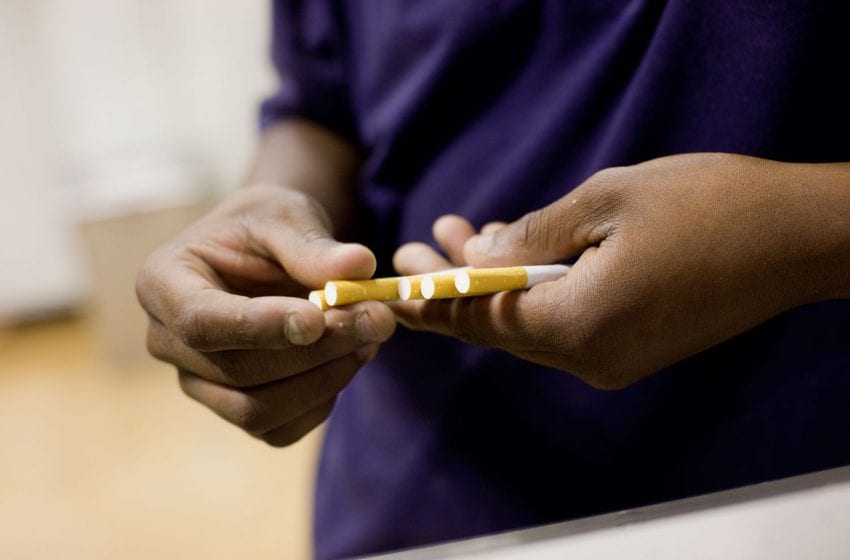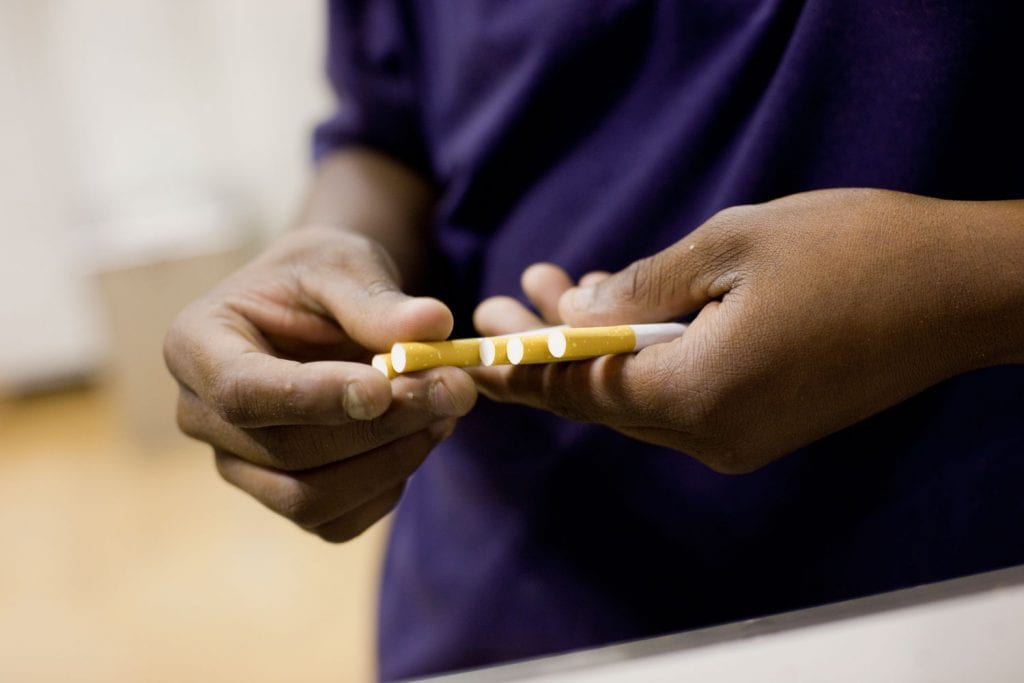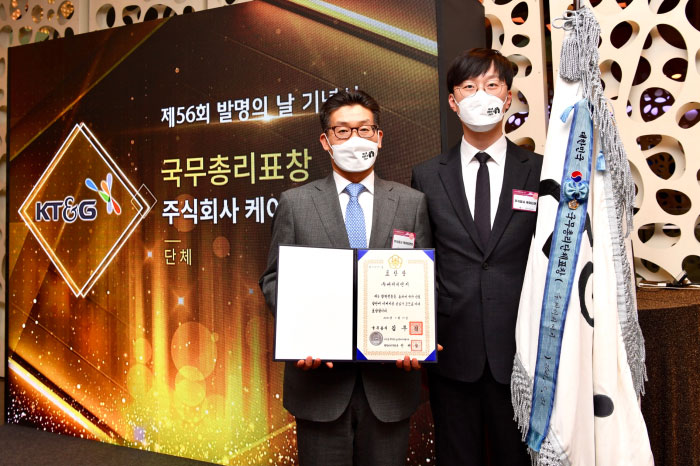
Local authorities in England have started banning smoking in pavement pubs, cafes and restaurants as the government seeks to make England smoke-free in less than a decade, reports The Guardian.
The rise of outdoor eating during the Covid-19 pandemic has drawn renewed attention to outdoor smoking. A ban on smoking in public places indoors was credited with a big drop in tobacco use in the U.K. Health advocates worry that allowing smoking in outdoor cafes will renormalize the use of cigarettes after a meal or with a drink.
Last summer, lawmakers failed to push through an amendment to legislation in the House of Lords to make pavements smoke-free.
Now, Northumberland county council, Durham, North Tyneside, Newcastle and the City of Manchester have all banned smoking on stretches of the pavement where bars, restaurants and cafes are licensed to put out tables. Oxfordshire is also planning to ban smoking from outdoor restaurants.
Deborah Arnott, the chief executive of Action on Smoking and Health, said the pavement bans were popular with most customers. “Our surveys show that two-thirds of the public want areas outside pubs and cafes to be smoke-free,” she said.

The paternalists’ argument that we must stop people smoking because it is deadlier than Covid is as specious and illogical as the lockdown skeptics’ counterclaim that the government should do nothing about Covid because it hasn’t banned smoking.
Christopher Snowdon, head of lifestyle economics, the Institute of Economic Affairs
Pro-smoking groups say local authorities should not interfere. “It’s no business of local councils if adults choose to smoke, and if they smoke outside during working hours, that’s a matter for them and their employer not the council,” Simon Clark, director of Forest, wrote in a statement.
England’s chief medical officer, Chris Whitty, has warned that the impact of tobacco is worse than Covid. Smoking had probably killed more people than Covid in the same period, he said. Generally, tobacco is estimated to kill 90,000 people a year in the U.K.
Ireland, too, is reportedly considering a proposal that would eliminate “smoking areas” from outdoor public places such as pubs, offices and parks. “The Irish Heart Foundation has written to government urging that smoking is prohibited in all outdoor areas of pubs and restaurants as Covid-19 restrictions are lifted,” said Irish Heart Foundation Head of Advocacy Chris Macey.
“We are also campaigning for outdoor smoking bans in parks, playgrounds, college campuses and state-run facilities to safeguard health and further denormalize smoking.”
Christopher Snowdon, the head of lifestyle economics at the Institute of Economic Affairs, said the moves to ban outdoor smoking demonstrate “the warped judgment of public health officialdom.”
“The paternalists’ argument that we must stop people smoking because it is deadlier than Covid is as specious and illogical as the lockdown skeptics’ counterclaim that the government should do nothing about Covid because it hasn’t banned smoking. Both willfully ignore the issue of infection, which is what turns a health problem into a public health problem,” he wrote in The Telegraph.
“Battered by lockdowns, the hospitality industry is unlikely to welcome a policy that encourages its customers to stay at home,” Snowdon added.

















